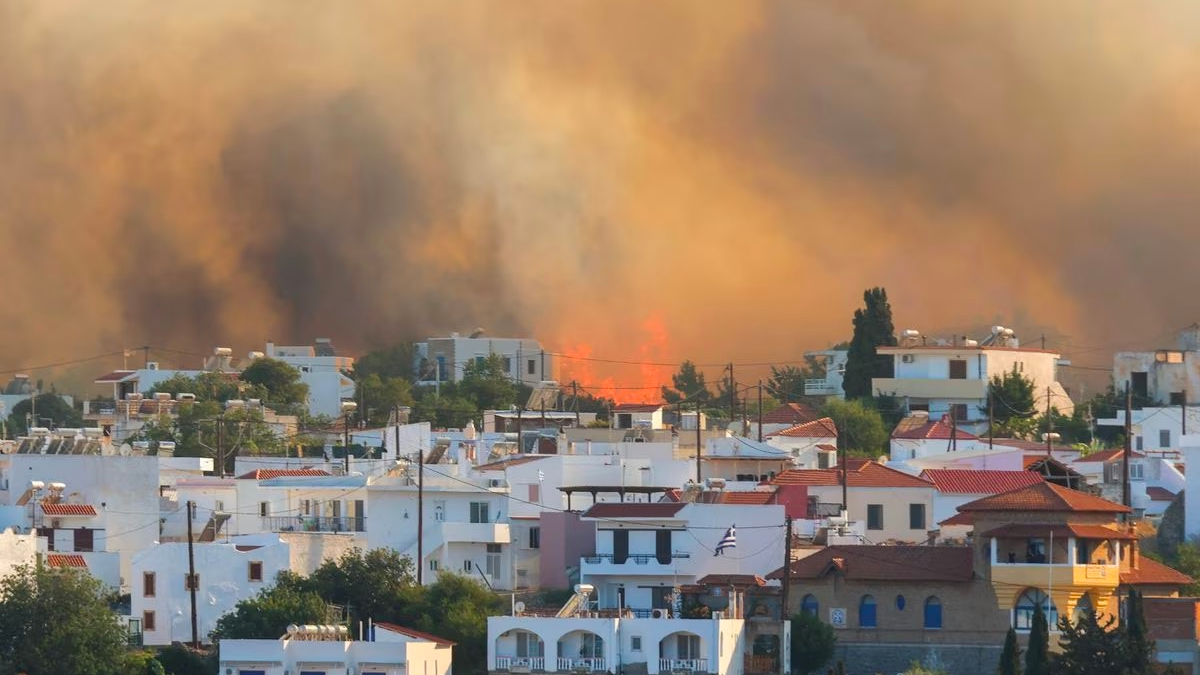Summer in Europe is usually fun, but this time it’s dangerously hot, especially in Greece.
Heatwaves are hitting Greece hard, causing safety concerns for both locals and tourists. The Acropolis in Athens was recently closed due to extreme temperatures to protect visitors and workers. Over the weekend, wildfires also broke out in the Corinth area, leading to evacuations.
Greece’s Ministry of Climate Crisis reported temperatures as high as 44°C (111°F). They’ve warned people—especially babies, older adults, and those with health issues—to stay safe from heat exhaustion and heatstroke.
If you’re traveling to Greece:
-
Stay indoors during the hottest hours (12 pm – 4 pm)
-
Drink plenty of water
-
Stay in cool or air-conditioned places
-
Avoid staying in direct sunlight
Signs of heat exhaustion include:
Heavy sweating, weakness, dizziness, and cold skin.
Signs of heatstroke (a medical emergency) include:
Very high body temperature, confusion, fast heartbeat, and nausea.
You can check updates on weather at the Hellenic National Meteorological Service’s website.
This isn’t the first time Europe is dealing with extreme heat. Just last month, heatwaves also affected France and Spain.
🔥 Stay safe while traveling! 🔥
#GreeceTravel #HeatwaveAlert #WildfiresGreece #EuropeSummerHeat #StayHydrated #TravelSafe #MediterraneanTravel #HeatSafetyTips #ClimateAlert #TravelUpdate2025
